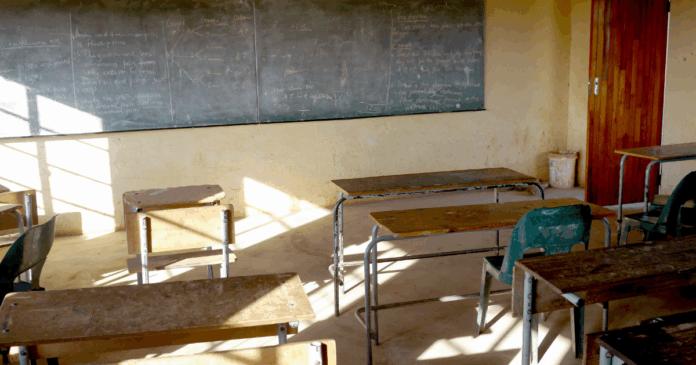There is a problem in the way teachers are being taught.
This is the central finding of a discussion paper published by the Philippine Institute for Development Studies (PIDS) titled “Quality Education Starting with Teacher Education.”
Researchers Leih Maruss V. Sinsay-Villanueva, Glenda Darlene V. Garcia, Valerie L. Lim, Ivan Harris Tanyag, Jenard Berroya, Aniceto C. Orbeta Jr., and John Paolo R. Rivera identified major gaps in the country’s pre-service teacher education system. Simply put, many colleges that train future teachers struggle to hire enough qualified educators, deliver lessons effectively, provide updated learning materials, and ensure their graduates are ready to pass licensure exams and perform well in real classrooms.
The study highlighted several critical issues. Many education colleges lack highly qualified faculty, with few programs available to update teaching methods. Lesson designs and instructional approaches also often fail to prepare students for the realities of classroom work.
The research paper likewise pointed out outdated learning resources, poor internet connectivity, inadequate school facilities, limited research programs, and the production of few studies that improve teaching quality. Student support services such as academic advising, mental health counseling, and career guidance are often weak or absent. Graduate outcomes remain meager, with many new teachers failing the Licensure Examination for Teachers (LET), facing difficulties finding employment, or entering classrooms unprepared.
These problems are worsened by the mismatch between accreditation standards and what institutions can realistically achieve. The underuse of Special Education Funds (SEF)—local government funds managed by Local School Boards (LSBs) and intended to finance school facilities, learning materials, and teacher support—further adds to the challenge, limiting the resources available to improve the quality of teacher education. Researchers also revealed weak incentives for institutions to prioritize teacher education quality and persistent gaps in tracking student outcomes after graduation.
To address these issues, the study recommends strengthening incentives for institutions to improve, revising quality assurance systems to focus on measurable results, boosting teacher morale from pre-service education, improving financial support for facilities and research, and institutionalizing graduate tracking and employment monitoring.
The study was carried out with support from the Second Congressional Commission on Education (EDCOM II).



